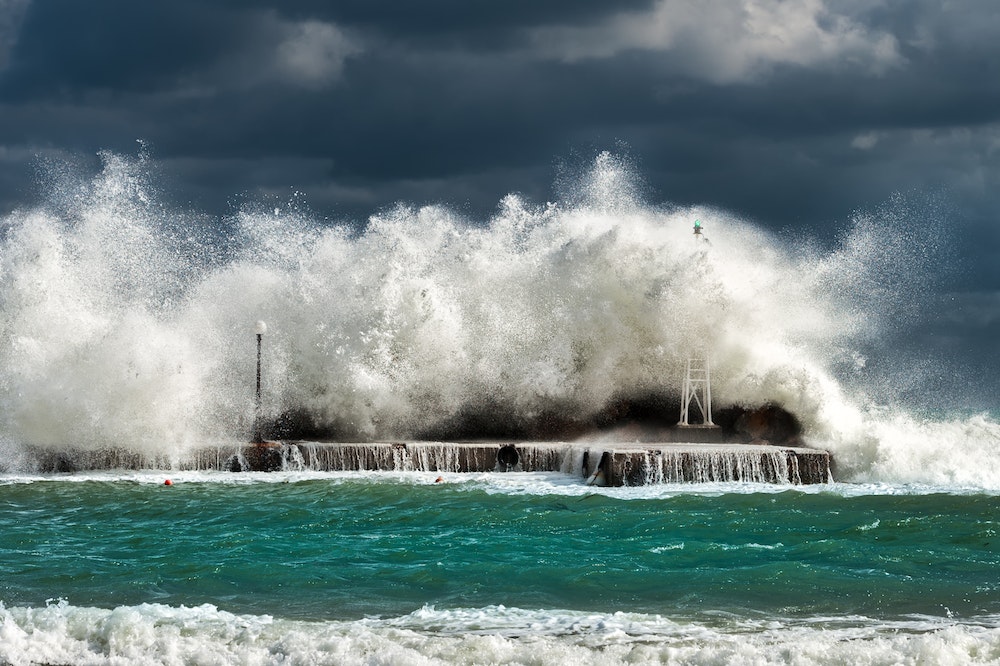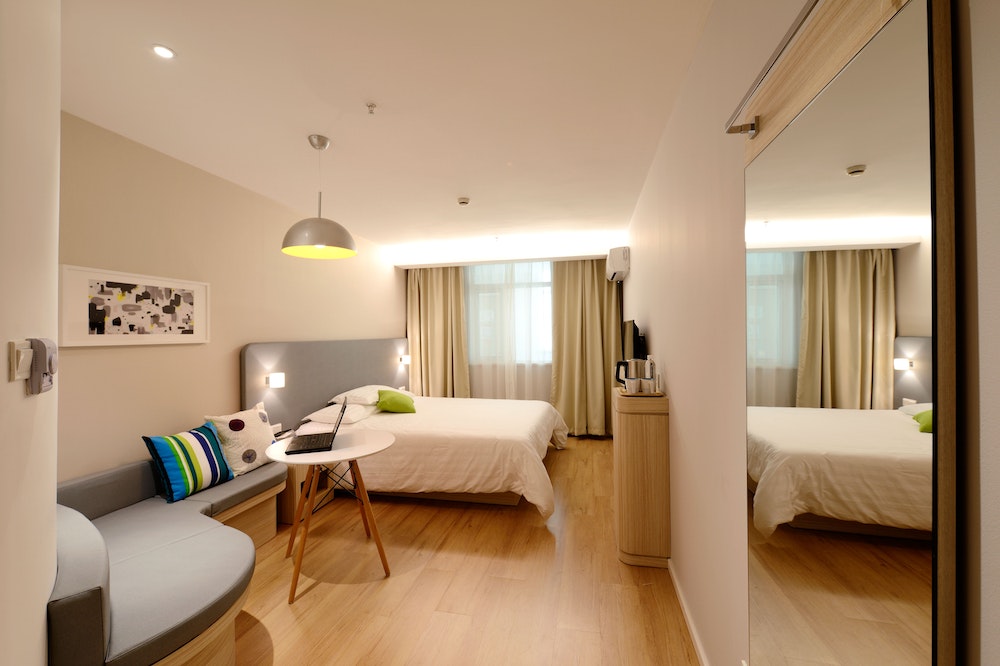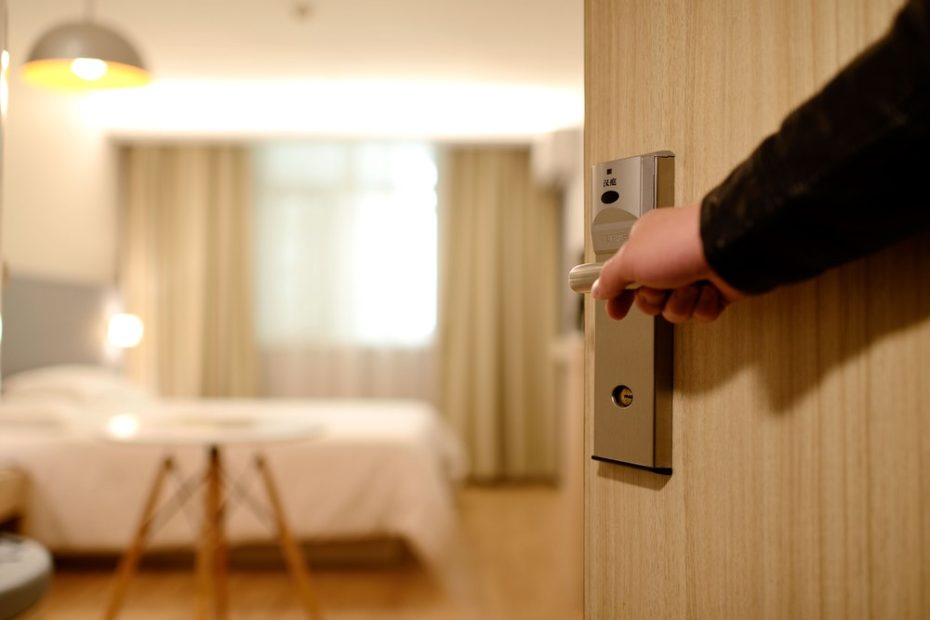If you have to wait at the airport, you have a right to care.
In most cases, this means free food and free hotel accommodation.
If your SAS flight experiences a delay, cancellation, or last-minute changes, SAS has the obligation to provide certain services for you. If your wait time is 3 or more hours, SAS should offer you complimentary meals and drinks that are reasonable in relation to the wait time. If there is an overnight delay, SAS must provide a free hotel stay.
Right to Care From SAS
Air passengers in Europe are protected under European law.
Passengers traveling in Europe or with European airlines are entitled to receive care, a privilege which SAS provides for the majority of its flights to and from the European Union, as mandated by Regulation (EC) No 261/2004.
Short Delays (3+ hours)
You can get: food and refreshments.
If it’s a rather short delay, and it’s during the day, SAS must offer you free meals and refreshments, two free phone calls, e-mails or faxes. In most cases, all of this is offered in the form of coupons.
Long Delays (Overnight)
You can get: food, drinks, hotel stay and airport transfer.
In the event that your flight is scheduled for departure on the following day, SAS is obligated to provide complimentary accommodation, including transfer services, to you. If you have not received information regarding such arrangements, please contact SAS promptly.
Check your compensation online.
Securing Your Free Food and Free Hotel Accommodation With SAS
During lengthy airport delays, SAS is expected to automatically offer you benefits such as free meals, complimentary hotel stays, and airport transfers. These benefits should be presented to you during your wait without the need for a request.
If these amenities are not provided, it’s crucial to go to the SAS customer service desk and inquire about them. European law stipulates that these amenities must be provided free of charge during substantial delays. All passengers have this right.
Occasionally, if SAS does not organize these services for you, you may need to make arrangements yourself. Remember to retain all receipts and proof of purchase for food, beverages, transportation, and hotel lodging. Once you have these, you can submit a request for reimbursement to SAS, outlining your expenses incurred during the delay. Ensure all necessary details are provided to facilitate a smooth reimbursement process.

Extraordinary Circumstances
Let’s start with a definition.
What Are Extraordinary Circumstances?
Extraordinary circumstances are any events which the airline cannot control. These may encompass severe weather, non-airline-related labor strikes, security threats, political unrest or unexpected technical issues that compromise flight safety.
In such scenarios, although they may cause inconvenience, the airline is not required to offer compensation as these are exceptions under Regulation (EC) No 261/2004. However, the right to care, as mentioned previously, remains applicable.
Are Technical Problems Considered Extraordinary Circumstances?
In most cases, technical difficulties do not count as extraordinary circumstances according to Regulation (EC) No 261/2004. The regulation clearly states that technical issues arising from the airline’s normal operation aren’t deemed extraordinary, as these issues are under the airline’s control.
This generally refers to regular maintenance or minor repairs. These issues are part of an airline’s standard responsibilities and therefore cannot be used to excuse them from providing compensation or care to passengers.
However, if a hidden manufacturing defect that compromises flight safety is discovered, it can be classified as extraordinary. This is because such situations are uncommon, pose an immediate risk to the safe operation of the plane, and are not part of the airline’s regular technical operations.
Right to Care in Extraordinary Circumstances
Passengers retain their right to care even in extraordinary circumstances.
Although SAS may not be required to offer compensation for delays or cancellations caused by factors beyond their control, they are still obligated to ensure the comfort of passengers during the waiting period. This includes providing food, beverages, and accommodation in the event of substantial delays.
The same principle applies to the provision of an alternative mode of transport in case of a flight cancellation – passengers are entitled to this.

Right to Care: FAQ
In this section, we will address some of the most frequently asked questions about passengers’ right to care during flight delays and cancellations with SAS.
What Is the Right to Care?
The right to care refers to the obligations airlines have towards their passengers in the event of flight delays, overbooking, and flight cancellations. Under European law, airlines like SAS are required to ensure the comfort of passengers during these events, which includes providing free meals, refreshments, and accommodation in case of significant delays.
How Do I Get My “Right to Care” If My Flight Is Delayed?
If your flight is delayed by 3 hours or more, SAS should automatically provide you with amenities such as free meals and refreshments, and necessary accommodation in case of overnight delays.
If these services are not provided, you should contact the SAS customer service counter at the airport to ask about them. You may also cover the cost of these services yourself and then submit a claim for reimbursement later, doing so as soon as possible (generally, the sooner you do it, the higher your chances of success).
Do I Have the Right to Care If My Flight Is Cancelled?
Absolutely, if your flight is cancelled, you are entitled to the right to care.
This means SAS is obligated to provide you with meals, refreshments, and accommodation (if necessary), as well as an alternative method of transportation to your destination. If the cancellation is due to the airline’s fault, you also have a right to flight cancellation compensation.
Check your compensation online.
Are Extraordinary Circumstances an Exception to the Right to Care?
No, even in scenarios of extraordinary circumstances, which are situations beyond the control of the airline, the right to care still applies.
This means that even if your flight is delayed or cancelled due to severe weather conditions, security risks, or labor strikes, you are still entitled to free meals, refreshments, and accommodation (if necessary).
How Do I Request Reimbursement If I Had to Arrange for My Accommodation and Meals?
If you had to arrange for your meals, accommodation, or airport transfers because SAS didn’t do so, keep all receipts and proof of purchase. You can submit these, along with a thorough account of your expenses during the delay, to SAS for reimbursement.
Bear in mind that this policy only applies to necessary expenses, not anything else. Don’t expect the airline to cover costs for extravagant meals or other non-essential expenses.
Does the Right to Care Apply to All SAS Flights?
The right to care applies to all SAS flights to and from Europe.
As SAS is an EU airline, the right to care under Regulation (EC) No 261/2004 applies to all of its flights both departing from and arriving in Europe. However, for non-European airlines, this regulation only applies to flights that are departing from Europe. Flights on non-European airlines arriving in Europe from other parts of the world are not covered under this European law.
Does All Of This Apply Only to Europeans?
No, the right to care applies to all passengers on SAS flights, regardless of their nationality.
The laws that provide passengers with the right to care are Regulation (EC) No 261/2004 and Regulation UK261, which were created by the European Union and the UK government. These regulations stipulate that any airline operating in Europe must provide care and compensation for affected passengers when applicable. This means that the right to care applies to all passengers on SAS flights, regardless of their nationality.
The only exception is for non-European airlines, where this regulation applies only to flights departing from Europe and not those arriving in Europe from other parts of the world.
By Europe and EU here on this page (and on this website in general) we mean all EU Member States, the United Kingdom (UK), Guadeloupe, French Guiana, Martinique, Reunion, Mayotte, Saint Martin (French Antilles), the Azores, Madeira, the Canary Islands, Iceland, Norway, and Switzerland.
